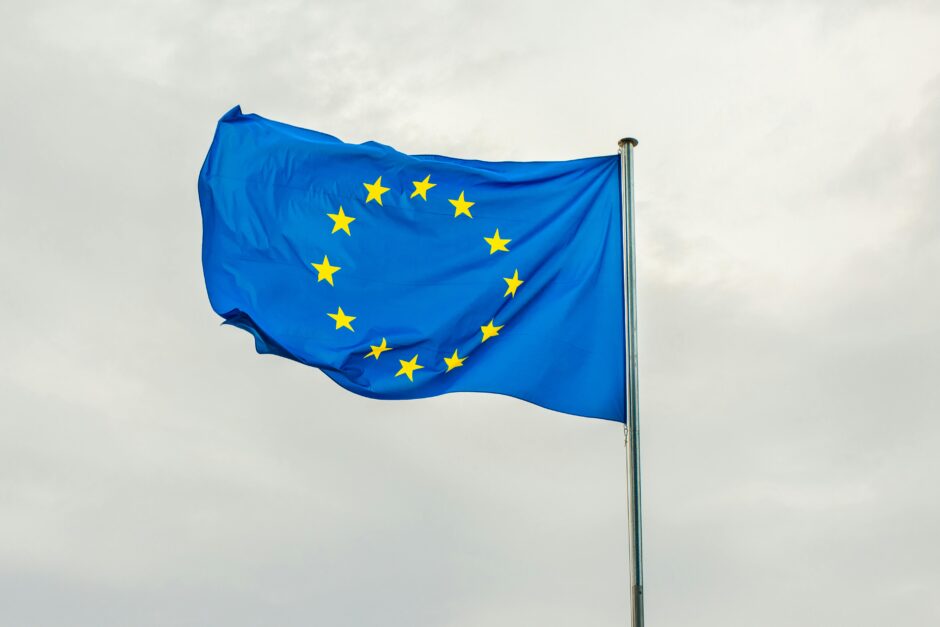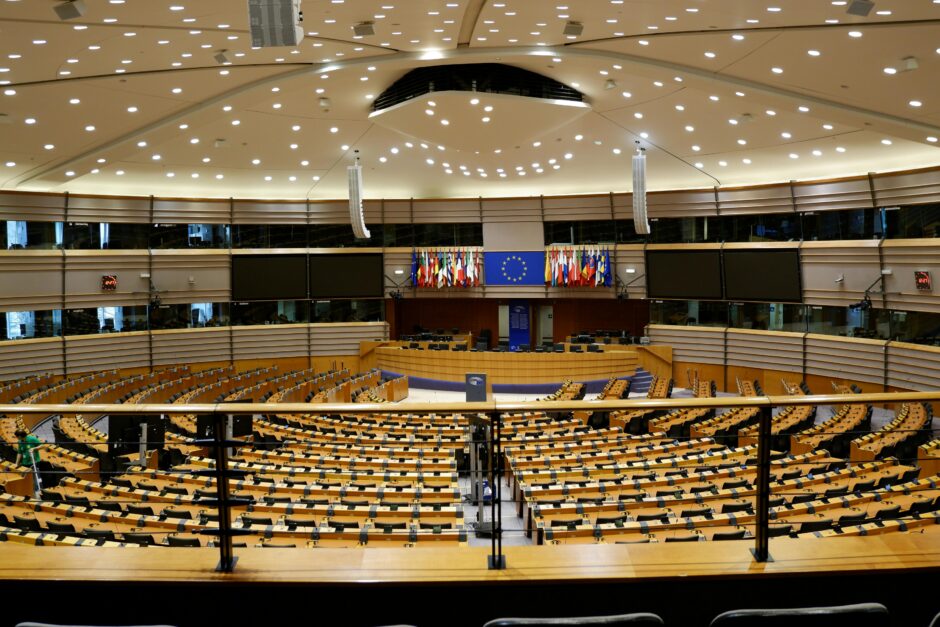Summer is right around the corner, and with it come the European parliamentary elections. Brussels may seem like a distant capital of political meddling, far beyond the influence of regular citizens, but the truth is quite different. In the end, when election day comes, our votes are what elect politicians to that city, where important decisions are made that affect all member countries. Stakes are high and politicians are well aware how difficult it is to motivate people to care about a distant central European city and abstract institutions. The combination of high stakes and tricky situations from the campaigners point of view have created an environment of fierce political competition, which will ultimately intensify when summer approaches. Keeping the current situation in mind, how was the turnout last time?
At the end of the elections in 2019, 50.7% of eligible voters exercised their right to vote. While this may not seem like a huge number, it was actually the highest voter turnout within the last 20 years. Belgium recorded the highest turnout, while Croatia recorded the lowest. However, comparing countries in this regard may not be very useful since the political systems, and the attitude towards voting, vary greatly. For example, Belgium is one of the few countries where voting is compulsory, but this is not the case in Croatia. Instead, it is more interesting to examine the voting patterns of different population groups within the EU. This leads to the question: who is voting and who is not?
Who is voting, who is not?
Democracy is built on participation and this participation takes on multiple forms. Some will take part in demonstrations, while others will write opinion pieces or engage in political discussions with friends and families. Maybe one of us will find the inspiration to run for office. One could argue that there is no such thing as a wrong way to participate. As long as one contributes something to democracy, they are participating, right? Although political participation may have multiple definitions, voting can be seen as one of the fundamental ways to participate.
Generally speaking, states which have been members for longer, tend to have higher voter turnouts than newer ones. Participation also correlates with age, social class and the individual level of education. Those who have a lower level of education tend to vote less frequently. Possible reasons behind the decision to abstain from voting are as diverse as voters themselves. Some decide not to vote because of distrust towards the European Union, some are not interested in politics and some may feel that their vote does not count. Voices of politicians do reflect the voices of their constituents and, hence, voting is fundamental to secure democratic representation. As mentioned previously, age also correlates with voting activity. More mature members of society tend to vote more and younger voters tend to stay home more easily. Is a low turnout of young voters a problem?

Why voices must be heard
Let’s get one thing straight: Voting is a crucial right that every citizen should exercise, including the younger generations. When young people do not vote, their ideas and policies may not be represented, which can lead to fewer policies that benefit them. This is a risky and dangerous situation. Young voters’ apathy translates to the absence of ideas in the European Parliament. Absence of important issues will cause more political apathy among young voters. In other words, apathy, lower turnout and absence of relevant ideas create this cyclical “monster of lower turnout”, which will erode democracy itself. The best way to secure representation for their own interest at the European Parliament is to vote in the elections.
Students are also a vital part of European society and therefore, it is crucial for them to use their voices. Brussels and Strasbourg are not some misty towns with smoked-filled cabinets where the needs of regular citizens will be muffled by the coughs of lobbyists and politicians. Those cities are the hearts of European decision making, shaping our future. Of course, the large bureaucratic machines will not change overnight with just one vote, but there is power in unity. Even small individual voices can create a choir. Therefore, every vote counts for the future of Europe.
The European Union plays a vital role in international cooperation and collaboration. We must ask ourselves what kind of actor we want the EU to be in the global context. Do we want a Europe that promotes stability, security and peace during these perilous times? By voting, we can exercise our power to create a more united and stronger Europe. Unity is crucial for an institution that is home to multiple languages, diverse cultures and identities.
Environmental issues and unemployment are problems that affect all of us, not just in Europe, but globally. These issues cannot be solved by individual countries, but require cooperation and international coordination. The same goes for immigration and security. By voting, you can support a candidate who advocates for the issues that matter to you on an international level. Your candidate may propose initiatives that help solve some of the most pressing issues in our society.
Global challenges may seem abstract and distant, but borderless travel in the European Union is an intangible example of international cooperation. The European Parliament also makes decisions related to innovation, research, and education that directly affect our daily lives, especially students. These decisions also impact exchange programs in Europe, making international education and experiences more accessible. By voting and participating in European politics, students can help ensure that these programs continue to operate in the future.
Global problems need fresh ideas and solutions. Younger voters may be called naive, but they can bring about innovation and social change. Issues such as environment, security, and unemployment can cause severe anxiety for today’s students, and these themes will affect them for years to come. Change is not always easy, but during these bleak times, when clouds seem darker over Europe, change itself might hold a dim promise of a brighter future. There is a lot at stake for students when it comes to the future of Europe, and their voices need to be heard.

Serving Democracy
As mentioned earlier, voting can be seen as a fundamental right for us as citizens that we should cherish. By casting our vote, we contribute to democratic processes. In other words, by voting, citizens will exercise their civic duty and thereby provide their input to the democratic process. Voting also creates accountability and legitimacy for chosen politicians and their decisions. Moreover, voting plays a crucial role in safeguarding the democratic values and ideals that we hold dear. The European Parliament is a key player in promoting social equality, securing human rights and protecting democratic values across Europe. Of course, no institution is perfect or even close to perfection. Nevertheless, we cannot expect to fix its shortcomings if large demographics become politically apathetic. Therefore, voting is also about setting an example of active and participating individuals who others can follow.
Ultimately, voting and participation serve as catalysts for greater political awareness. This awareness can translate to a more engaged public and increase the consumption of political information and therefore create more informed and politically competent individuals. Hopefully, more informed citizens could also advocate a more deliberative and participatory form of democracy.
Some of us may hope for a more active form of democracy where everyone participates and engages in rational debates in the public arena. Some of us are happy if democracy equals fair competition and reliable processes. No matter how one conceptualises democracy, it needs voters to secure the legitimacy of decisions. These decisions will shape the future of Europe and therefore it is vital that everyone’s voice is heard in the process. Change needs momentum, and this momentum starts with action taken by individuals. This may be a cliché from the get-out-to-vote posters of the past, but your voice matters in the eyes of democracy. You have the right to use your voice, so use it.



